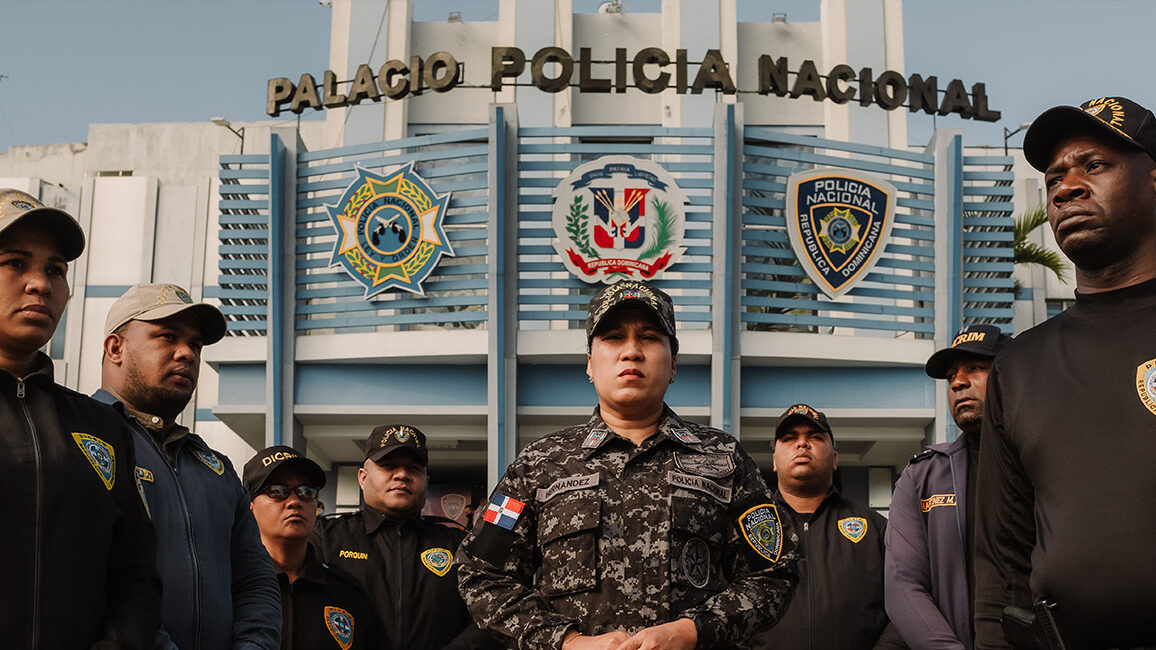lJM and RCMP Joint Workshop Empowers Dominican Police to Combat Sexual Exploitation and Trafficking
Sex Trafficking
DOMINICAN REPUBLIC - IJM conducted a workshop for the National Police’s Directorate of Criminal Intelligence (DINTEL) in collaboration with the Royal Canadian Mounted Police on the principles of trauma-informed care and testimony building.
The Dominican Republic is known to many for its lush beaches and beautiful weather. but has also been known as a hotspot for traffickers and sex tourism, to which children living in poverty are most vulnerable to.
The International Labour Office estimates that in 2021 more than 50 million people were exploited in modern slavery. Sex trafficking is a form of modern slavery in which someone deceives and sexually exploits another person for profit. It is believed that one in four victims of modern slavery are children.
A 2014 IJM study unveiled that 1 in 10 people involved in commercial sexual exploitation in the Dominican Republic were children. Since then, IJM has worked in the country to protect children and strengthen governments, looking for likeminded partners. To help combat this crime, the Canadian Embassy in the Dominican Republic invited IJM to lead a workshop to equip local authorities with additional training and knowledge.
RCMP and IJM host workshop on trauma-informed care
In September 2022, approximately 25 local police officers received trauma-informed care training during this full-day workshop from members of both IJM and the RCMP. The training enables them to better care for the survivors of human trafficking and commercial sexual exploitation with whom they frequently come into contact.
This workshop is a continuation of the ongoing work that IJM has carried out in the country since 2013. Over the past decade, IJM and its trained partners have:
- Trained 2,813 government officials, police, NGOs, and others.
- Rescued 246 women and children from sex trafficking.
- Restrained 67 criminals for sex trafficking and related crimes.
In addition to honouring survivors, being trauma-informed when interacting with survivors helps facilitate the investigation and testifying process, which strengthens the case against the perpetrators. A more robust testimony typically results in stronger sentences against the offenders, convicting those responsible and helping survivors receive the justice they deserve.
The Dominican police officers were very receptive to the training that they received, and IJM is confident that this will have a positive multiplier effect throughout the police force as a whole.
IJM Canada would like to extend its thanks to the Canadian Embassy and RCMP for their support in this essential work.